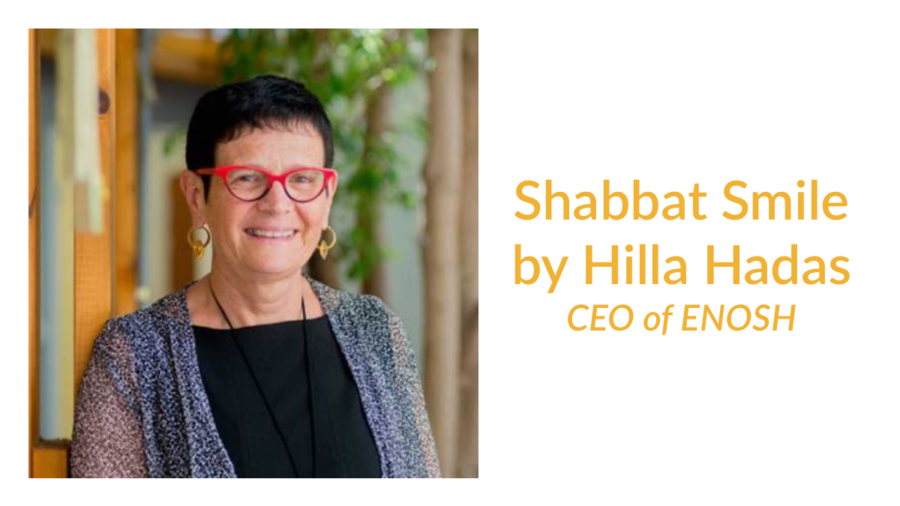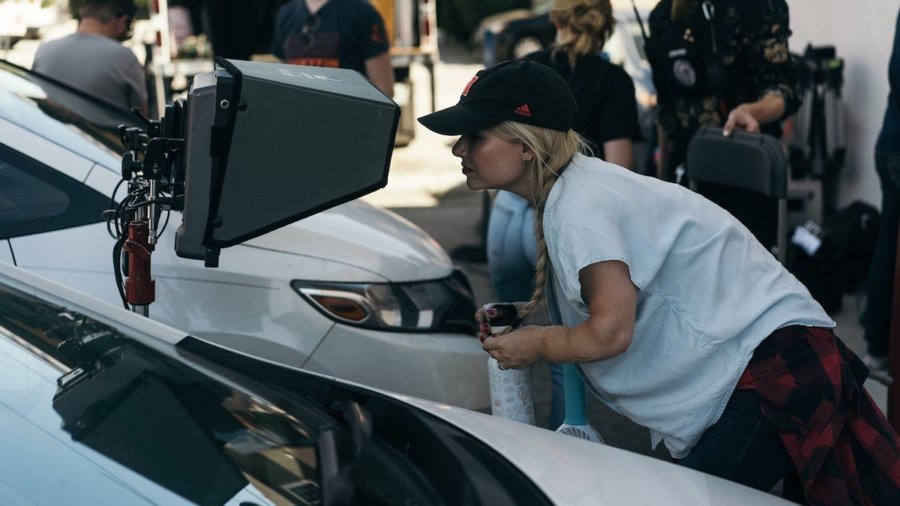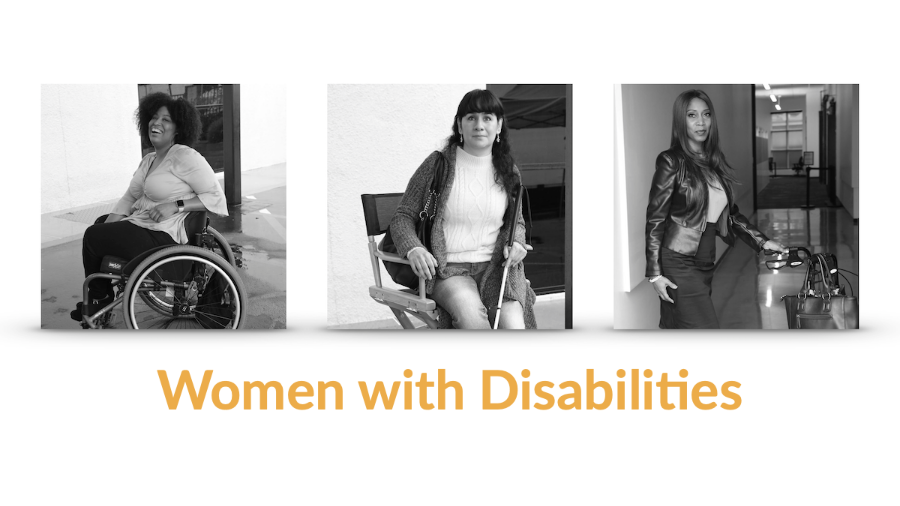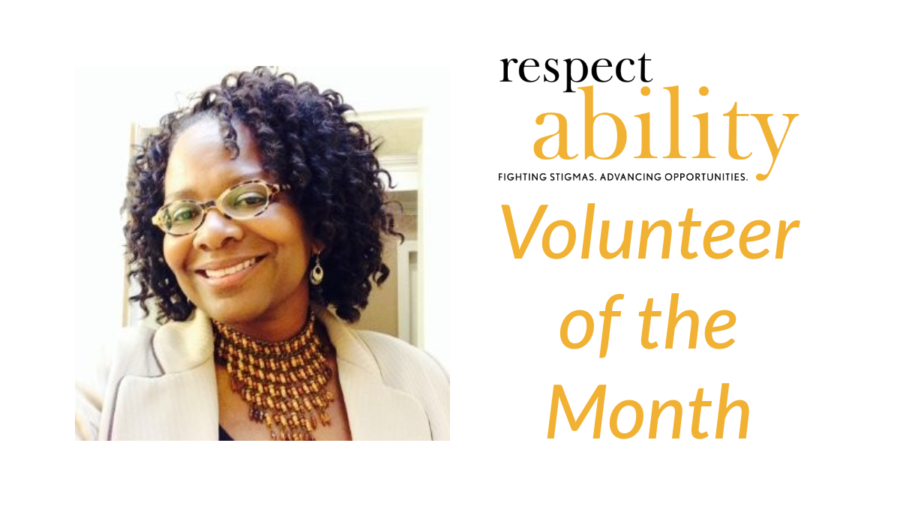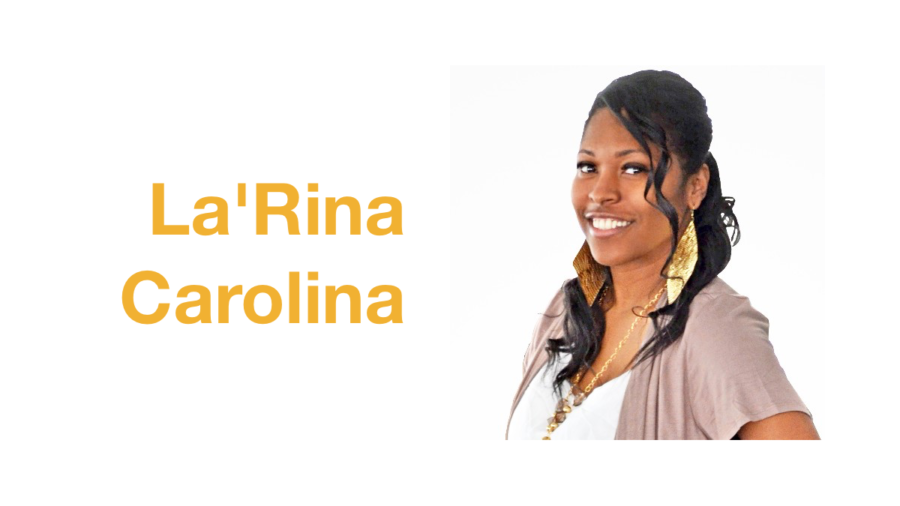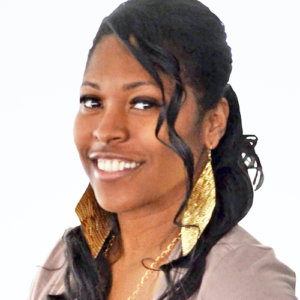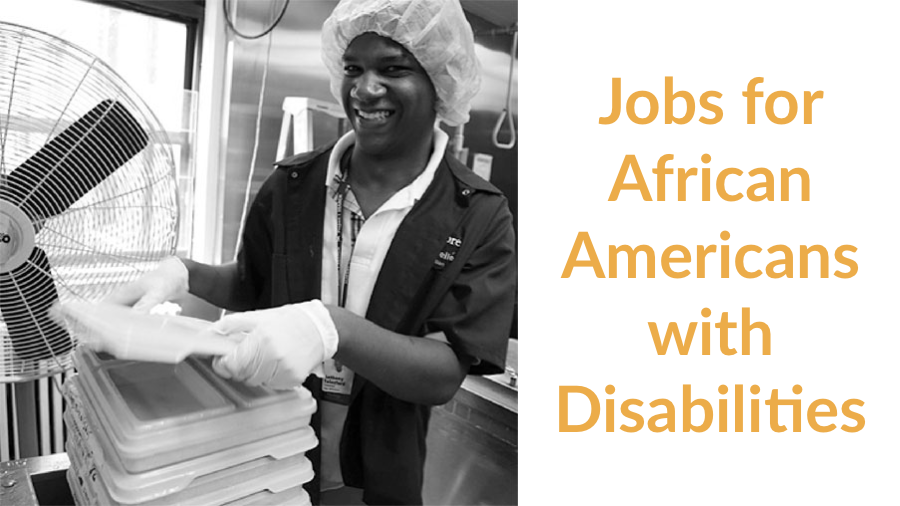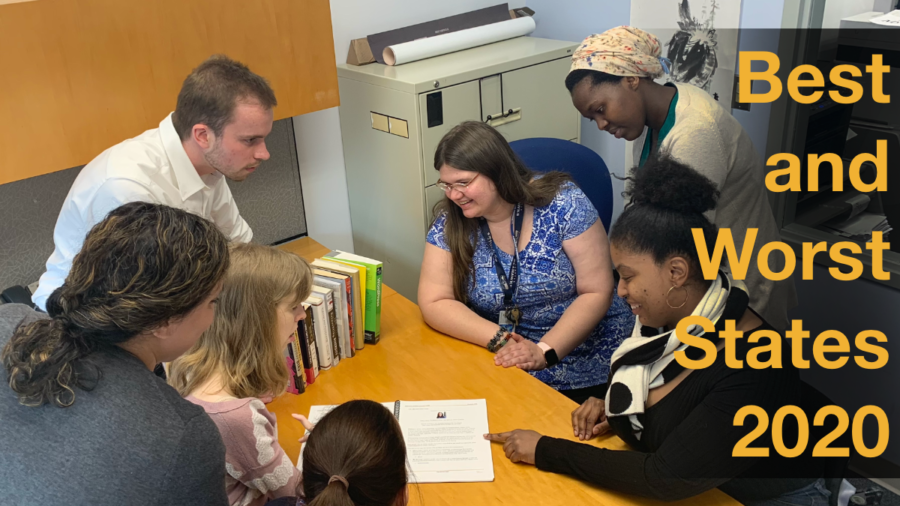RespectAbility to hold LA session on Thursday, March 12th on “How Disability Inclusion & Equity Can Add to Your Success”
Los Angeles, CA, Mar. 9 – Even as coronavirus quickly escalates into a major economic disruption for the nation, new data shows that Californians with disabilities already were struggling to keep their place in the state’s labor force.
According to the recently released 2019 Annual Disability Statistics Compendium, there are more than 1.8 million working-age Californians living with a disclosed disability, but only 700,456 have jobs. That puts putting California’s disability employment rate at just 36.9 percent, below the already low national average of 37 percent. This rate is less than half of the 75.6 percent of Californians without disabilities who have jobs. [continue reading…]



